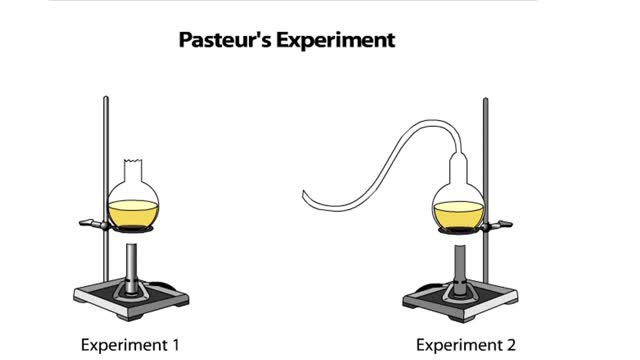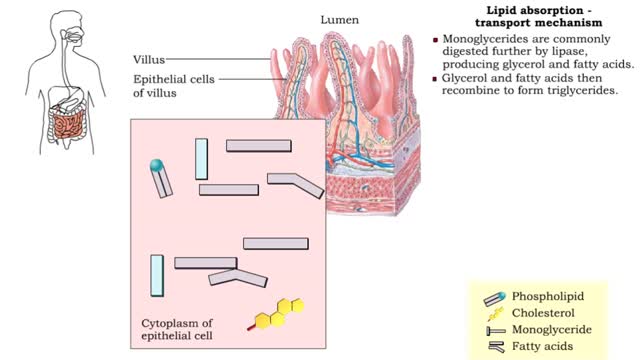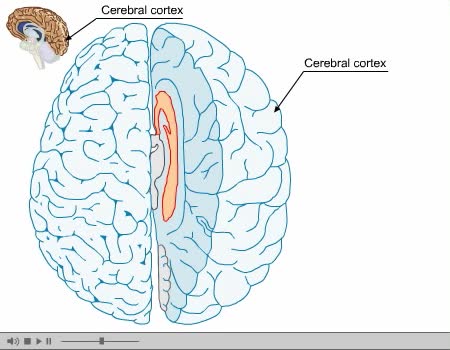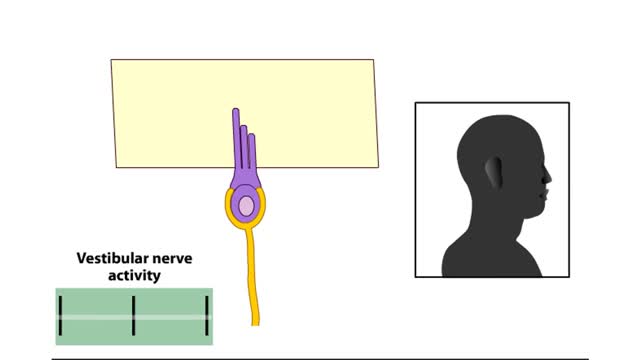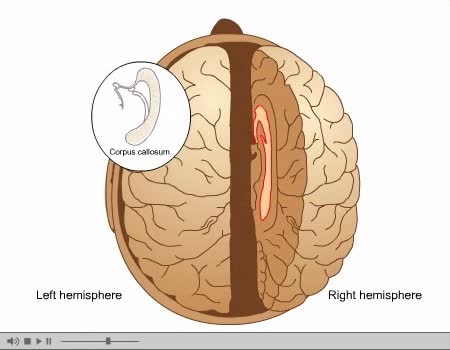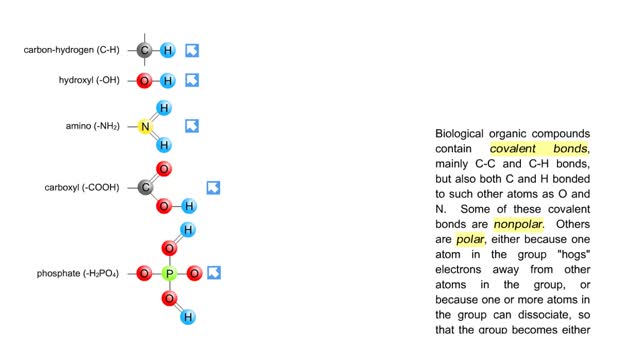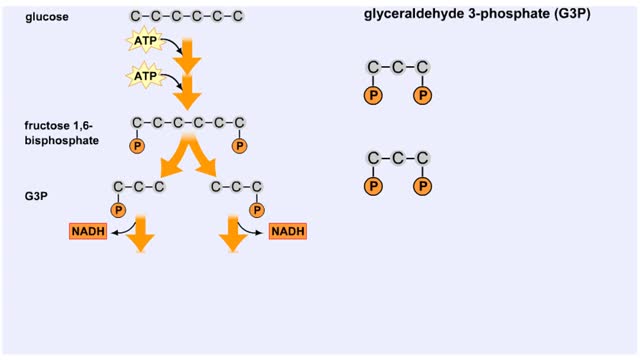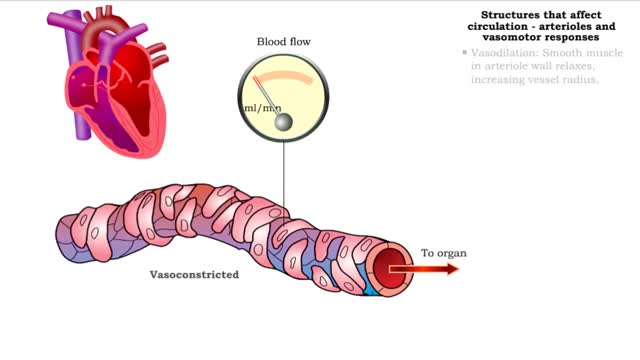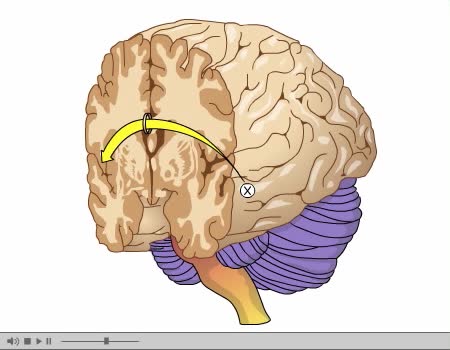Search Results
Results for: 'left atrioventricular valve'
By: HWC, Views: 10792
Louis Pasteur designed a procedure to test whether sterile nutrient broth could spontaneously generate microbial life. To do this, he set up two experiments. In both, Pasteur added nutrient broth to flasks, bent the necks of the flasks into S shapes, and then boiled the broth to kill any existing...
Lipid absorption - end products & transport mechanism
By: HWC, Views: 10905
• The end products, fatty acids and monoglycerides, depend on bile salts for absorption. • Bile salts form micelles (tiny spheres), which ferry fatty acids and monoglycerides to epithelial cells. • Free fatty acids, monoglycerides, and some phospholipids and cholesterol molecules, dif...
By: Administrator, Views: 14665
The cerebral cortex (plural cortices), also known as the cerebral mantle, is the outer layer of neural tissue of the cerebrum of the brain, in humans and other mammals. It is separated into two cortices, by the longitudinal fissure that divides the cerebrum into the left and right cerebral hemisp...
By: HWC, Views: 10344
The vestibular system has important sensory and motor functions, contributing to the perception of self-motion, head position, and spatial orientation relative to gravity. The function of the vestibular system can be simplified by remembering some basic terminology of classical mechanics. All ...
Brain Anatomy Animation (Part 1 of 2)
By: Administrator, Views: 14796
The human brain is the central organ of the human nervous system, and with the spinal cord makes up the central nervous system. The brain consists of the cerebrum, the brainstem and the cerebellum. It controls most of the activities of the body, processing, integrating, and coordinating the infor...
By: HWC, Views: 10826
Biological organic compounds contain covalent bonds, mainly C-C and C-H bonds, but also both C and H bonded to such other atoms as O and N. Some of these covalent bonds are nonpolar. Others are polar, either because one atom in the group "hogs" electrons away from other atoms in the group, or...
Splitting of Sugar, Oxidation/ Reduction & ATP Generation
By: HWC, Views: 11073
The next reaction shows us the meaning of "glycolysis" or the splitting of glucose. The fructose bisphosphate molecule is split into two molecules each containing 3 carbons as the backbone. FBP is split into two 3-carbon molecules called G3P, or glyceraldehyde 3-phosphate. Notice that the phos...
Structures that affect circulation - arterioles and vasomotor responses and venous return
By: HWC, Views: 11357
■ Small arteries and arterioles determine SVR. • Blood pressure drops significantly as blood passes through arterioles. • Decreasing arteriole radius and decreased wall elasticity are the main reasons for increased SVR. ■ Small changes in arteriole radius can cause large changes in ...
Studying the Left and Right Brain Independently
By: Administrator, Views: 14591
A seizure, technically known as an epileptic seizure, is a period of symptoms due to abnormally excessive or synchronous neuronal activity in the brain. Outward effects vary from uncontrolled shaking movements involving much of the body with loss of consciousness (tonic-clonic seizure), to shakin...
Advertisement



